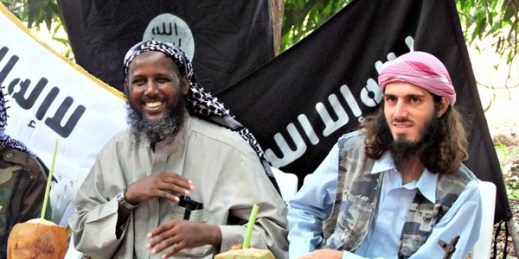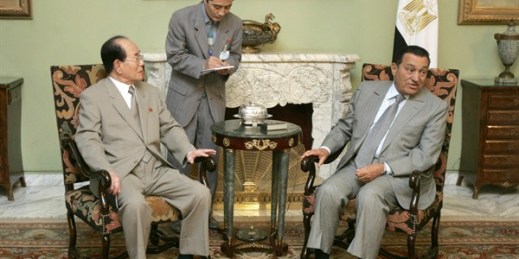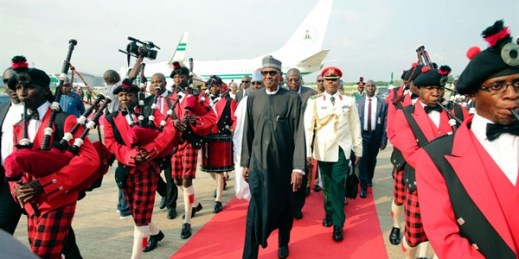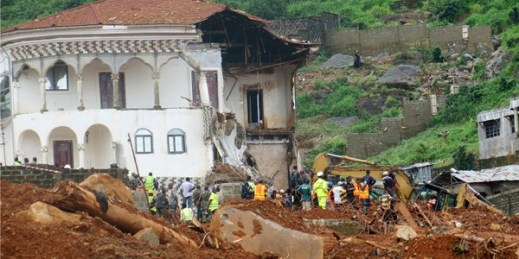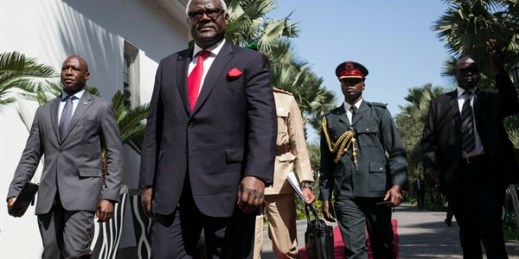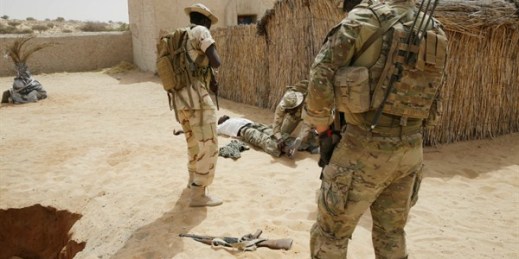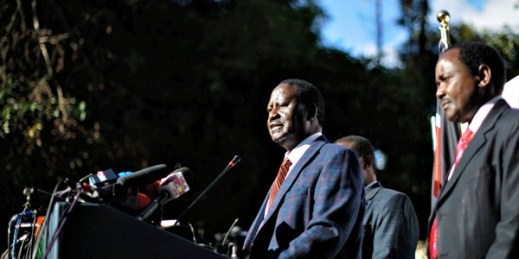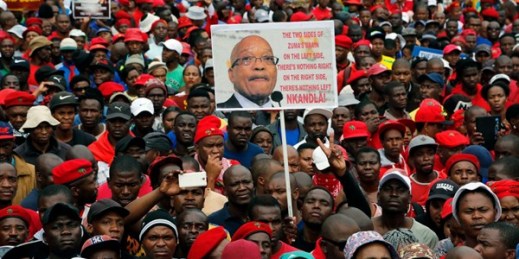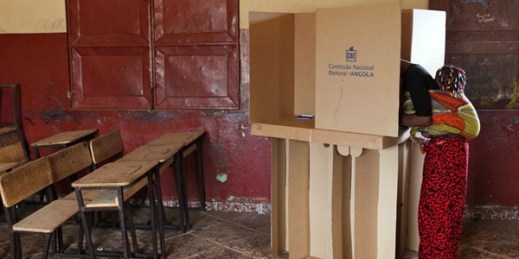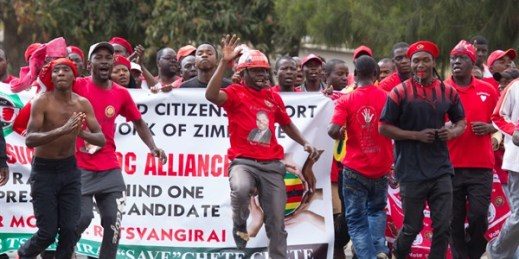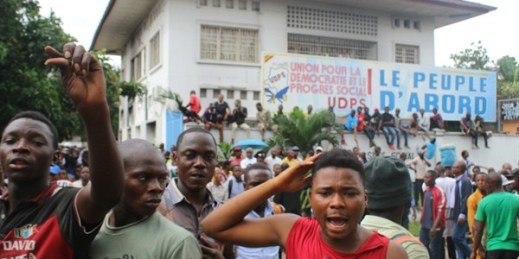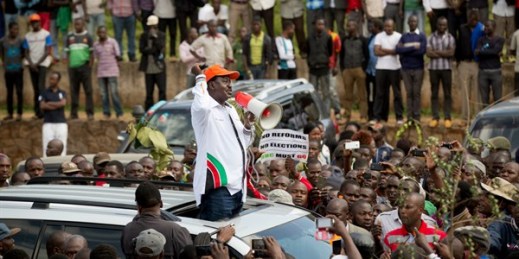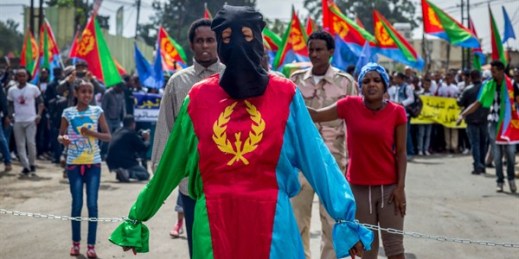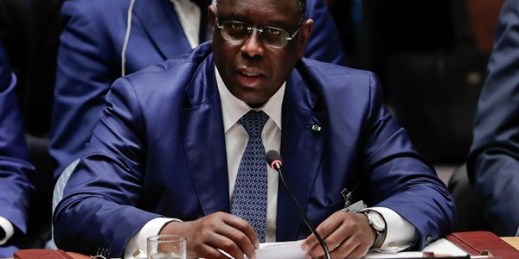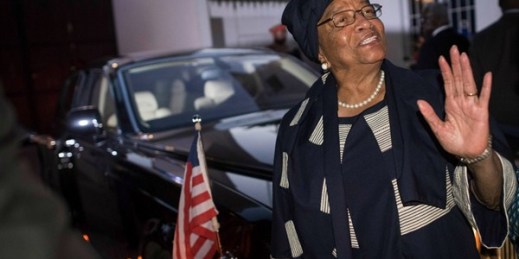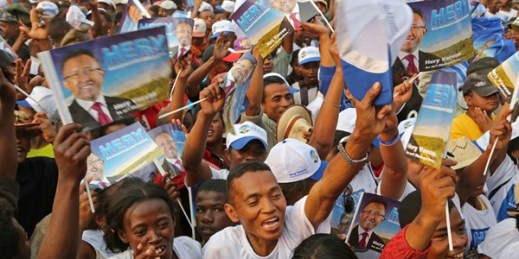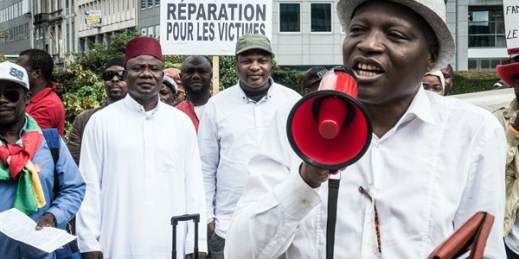
As the world celebrated the fall of Gambian dictator Yahya Jammeh earlier this year, which was seen as another sign of strengthening democratic rule in West Africa, Togolese activist Farida Nabourema couldn’t help but feel a little jealous. While other regions on the continent, especially Central Africa, grapple with incumbent power grabs including “constitutional coups,” the story in West Africa has been more positive in recent years. In addition to Jammeh, the longtime president of Burkina Faso, Blaise Compaore, was forced to leave office in 2014 following a popular uprising, and more orderly transfers of power have occurred in countries […]

